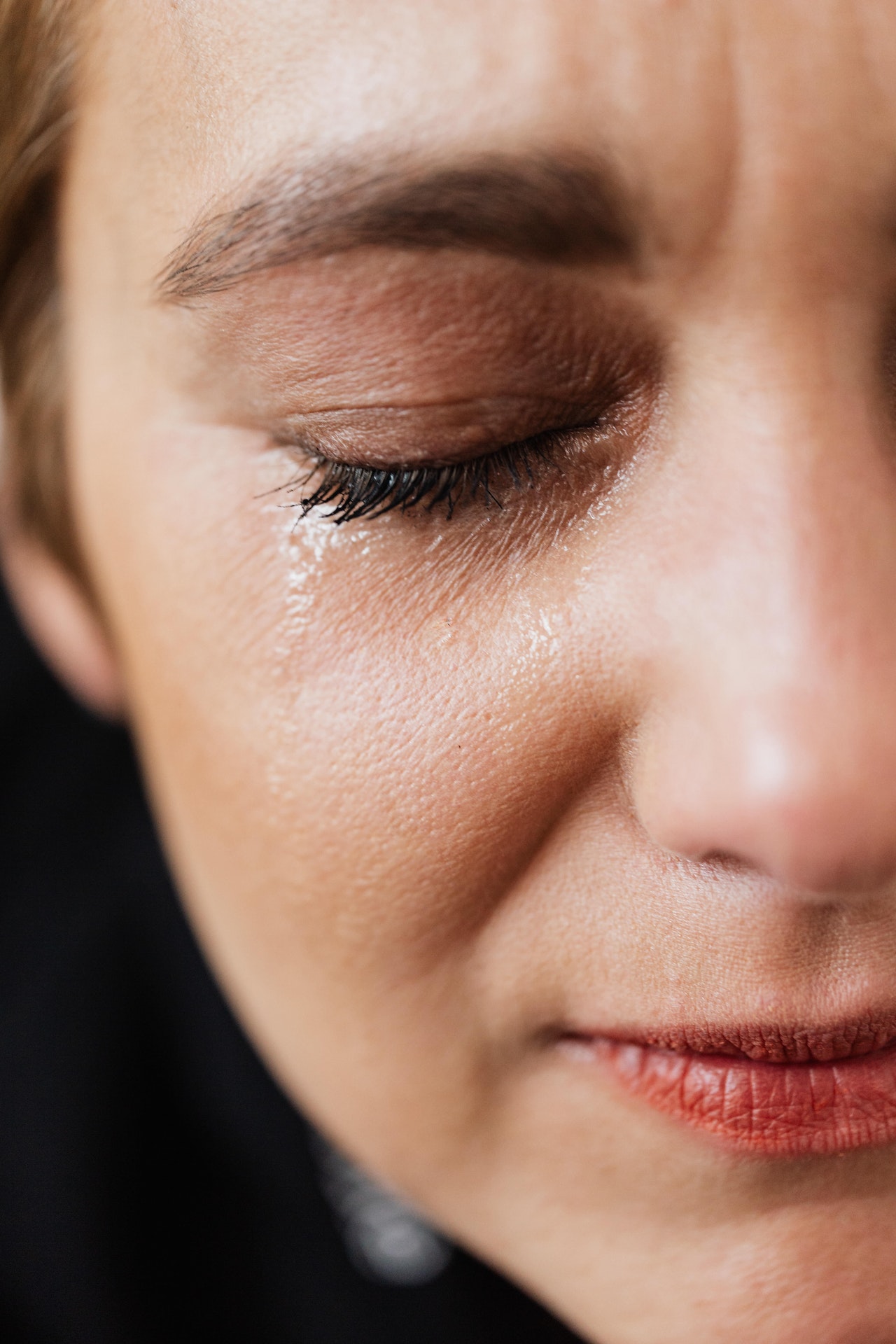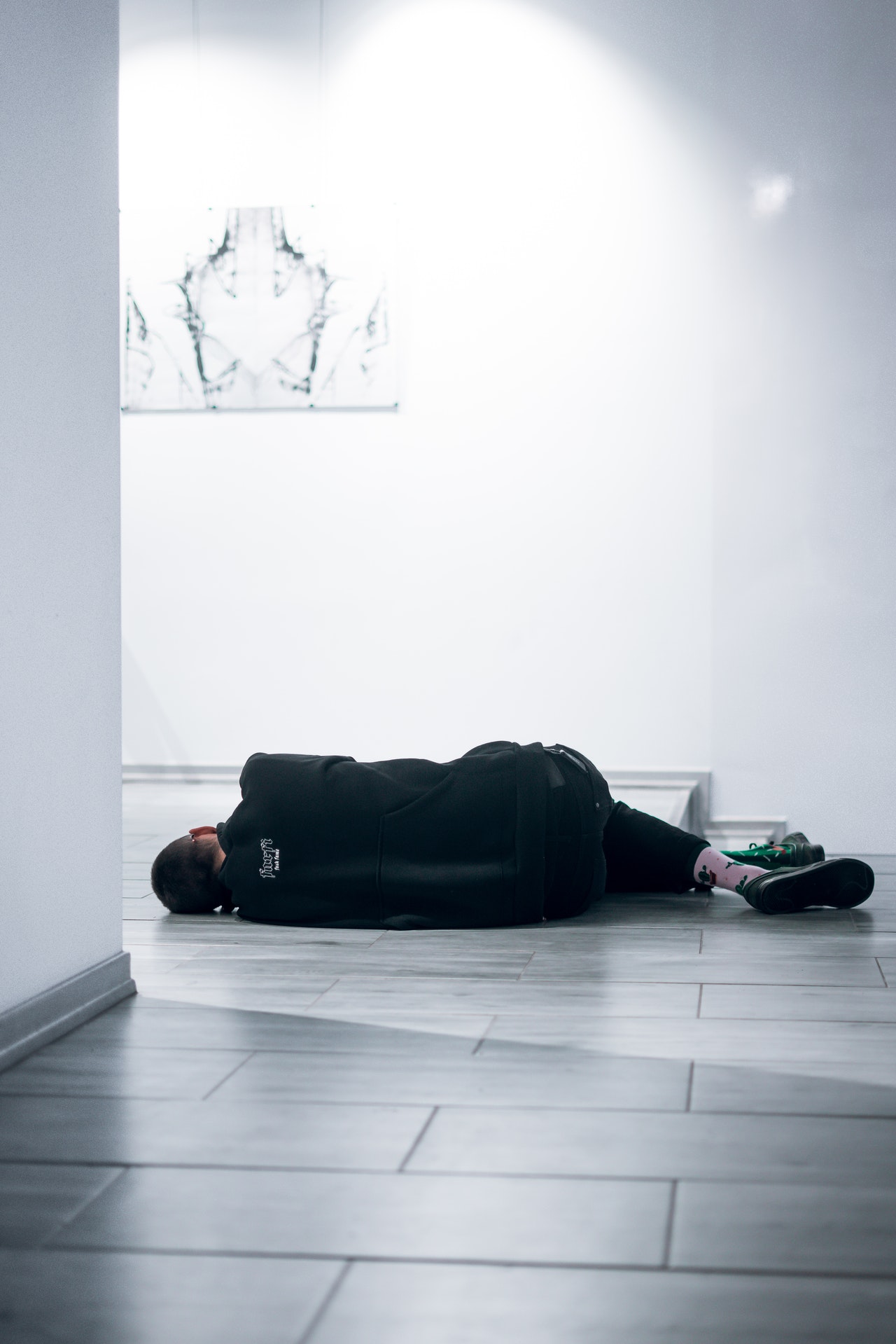“Anxiety is a thin stream of fear trickling through the mind. If encouraged, it cuts a channel into which all other thoughts are drained.” – Arthur Somers Roche
What is Generalized Anxiety Disorder?
Almost every individual you encounter has experienced anxiety at some point in their life. It is normal and healthy to experience anxiety especially if it is caused by an activity that you may want to excel in. Occasional worry or nervousness can help increase our motivation and our ability to properly problem solve certain situations.
 However, if the anxiety, dread, or angst is more than occasional and happens often, then realize that you may be dealing with an anxiety disorder. If what you are feeling impacts how well you can concentrate, focus at work, participate in social activities, function within your relationship, or complete daily hygienic care then you could be experiencing an anxiety disorder.
However, if the anxiety, dread, or angst is more than occasional and happens often, then realize that you may be dealing with an anxiety disorder. If what you are feeling impacts how well you can concentrate, focus at work, participate in social activities, function within your relationship, or complete daily hygienic care then you could be experiencing an anxiety disorder.
According to Cleveland Clinic, “With GAD, you may feel extreme and unrealistic worry and tension — even if there’s nothing to trigger these feelings. Most days, you may worry a lot about various topics, including health, work, school, and relationships. You may feel that the worry continues from one thing to the next. Physical symptoms of GAD can include restlessness, difficulty concentrating, and sleeping problems.” (ClevelandClinic.org, 2020).
Again, it is normal to experience worry and tension as it relates to a myriad of things such as work, children, relationships, and even society. But if you notice that your intense worry and angst happens daily or occurs without a trigger you may be experiencing anxiety.
Anxiety may also look different depending on culture, biology, spiritual affiliations, gender, and sex. Anxiety is twice as likely to be diagnosed in women than in men. Also, the symptoms of anxiety may show up as anger and frustration with men but for women as worry, tension, and dread.
 Anxiety has four distinct types of symptoms including a physical component (body aches, headaches, fatigue, sweating, etc.), behavioral component (irritability, isolation, restlessness, etc.), cognitive (difficulty concentrating, intrusive thoughts, uncontrollable thoughts, etc.), and psychosocial (feeling hopeless, worthless, disassociating, etc.) (Valley Behavioral Health System, 2021).
Anxiety has four distinct types of symptoms including a physical component (body aches, headaches, fatigue, sweating, etc.), behavioral component (irritability, isolation, restlessness, etc.), cognitive (difficulty concentrating, intrusive thoughts, uncontrollable thoughts, etc.), and psychosocial (feeling hopeless, worthless, disassociating, etc.) (Valley Behavioral Health System, 2021).
Below are some questions to ask yourself as you focus on whether you are experiencing occasional anxiety or if you are possibly experiencing a diagnosable clinical disorder. Take your time, ask these questions, follow each step, and look for the call to action at the end of this article.
Important Questions to Ask Yourself
- Do I have anxiety?
- How can I be sure if I have anxiety?
- When does my Anxiety show up?
- What does my anxiety look like?
- Do I need to see a therapist?
- Could this be an underlying issue?
- Who can I talk to about my symptoms?
As stated above anxiety can impact different areas of your life and different areas of functioning. The most common symptoms of depression are below.
- Intense worry, irrational fear, and increased angst or nervousness
- Uncontrollable or intrusive thoughts
- Heart racing, sweating, headaches, uneasiness in the stomach area
- Difficulty concentrating and inability to complete tasks at work, home, or in the community.
- Muscle tension, lack of sleep, lack of eating, etc.
You should share this information with your therapist and understand for yourself how much these anxious symptoms impact your life.
- Frequency
How often are you experiencing these symptoms? Every day (once, twice, or three times per day)? Every other week? Only when triggered?
- Intensity
On a scale of 1-10, how intense are the symptoms? Are you able to go to work and complete assignments? Are you able to complete your hygiene routine?
- Duration
How long do your symptoms last? Do they last all day, part of the day, throughout the day? Is it momentary and then it goes away? How long has this been happening for you? Since childhood, or within the last three months?
- System
Do you notice your symptoms when you are in a particular system such as at work, church, in the grocery store, at the mall, or a relative’s house? Do you experience anxiety in all systems but see an increase in a particular system? Have you ventured into new systems that may be the cause of your anxiety?
- Use self-measurement assessments:
- Beck Anxiety Inventory: https://res.cloudinary.com/dpmykpsih/image/upload/great-plains-health-site-358/media/1087/anxiety.pdf
- Anxiety Self Rating Scale: https://www.sadag.org/images/pdf/anxiety%20self.pdf
- Hamilton Anxiety Rating Scale: https://dcf.psychiatry.ufl.edu/files/2011/05/HAMILTON-ANXIETY.pdf
- Zung Self Rating Anxiety Scale: https://www.mnsu.edu/comdis/isad16/papers/therapy16/sugarmanzunganxiety.pdf
- Speak with Family and friends you trust
When experiencing symptoms of anxiety, you may often feel like you are alone and that no one understands what you are enduring. It is helpful to open up to people you trust about your symptoms for several reasons.
They may have experienced anxiety in the past or even know individuals with anxiety which may help you to feel more comfortable and more understood by them. Confiding in people you trust creates a space where you can be vulnerable and safe instead of allowing your brain to create all kinds of intrusive thoughts and irrational fear.
- Check Underlying Physical Issues with a Doctor
Before addressing your anxiety as a mental health disorder, it is important to speak with your primary care physician to make sure that you are physically healthy and don’t have any underlying issues that would increase your worry, nervousness, or anxiety. Sometimes a heart issue, shroud, respiratory, weight changes, etc. can be one of the causes of your anxiety and if that is managed, the anxiety may be managed as well.
- Meet with a therapist/psychiatrist for more help
If you have done all the above and either believe you have anxiety or are unsure, please do reach out to a therapist or psychiatrist. Sometimes it helps to hear from a professional to either confirm or deny what you believe is happening within your body.
Scriptures to Help When You Are Anxious
 Fear not, for I am with you; be not dismayed, for I am your God; I will strengthen you, I will help you, I will uphold you with my righteous right hand. – Isaiah 41:10
Fear not, for I am with you; be not dismayed, for I am your God; I will strengthen you, I will help you, I will uphold you with my righteous right hand. – Isaiah 41:10
Do not be anxious about anything, but in everything by prayer and supplication with thanksgiving let your requests be made known to God. And the peace of God, which surpasses all understanding, will guard your hearts and your minds in Christ Jesus. Finally, brothers, whatever is true, whatever is honorable, whatever is just, whatever is pure, whatever is lovely, whatever is commendable, if there is any excellence, if there is anything worthy of praise, think about these things. – Philippians 4:6-8
Casting all your anxieties on him because he cares for you. – 1 Peter 5:7
Therefore, do not be anxious about tomorrow, for tomorrow will be anxious for itself. Sufficient for the day is its own trouble. – Matthew 6:34
Anxiety in a man’s heart weighs him down, but a good word makes him glad. – Proverbs 12:25
Call To Action
 If you read this article and the content resonated with you, please find time to focus on what your mind, body, and spirit may need. If you have experienced the common symptoms of anxiety, looked over the FIDS, used the self-measurements, and spoke to family/friends, your next step is the most crucial.
If you read this article and the content resonated with you, please find time to focus on what your mind, body, and spirit may need. If you have experienced the common symptoms of anxiety, looked over the FIDS, used the self-measurements, and spoke to family/friends, your next step is the most crucial.
Please reach out to me to further understand and analyze where you have anxiety and how we can work together to reduce and manage it. It is never too late to get the help that you may need. It may seem like a daunting process, but I promise you it is as simple as calling the number on our website to be connected to myself or any other therapist in our network.
If you are willing to commit yourself to the process, then I am willing to walk beside you and help you gain the tools you need to be successful in fighting to win this battle with your anxiety.
“Do what you can, with what you’ve got, where you are.” – Theodore Roosevelt
Photos:
“Weeping”, Courtesy of Karolina Grabowska, Pexels.com, CC0 License; “Resting”, Courtesy of Khoa Vo, Pexels.com, CC0 License; “Man on the Floor”, Courtesy of Elijah O’Donnell, Pexels.com, CC0 License; “Encircling the Sun”, Courtesy of Lukas Rychvalsky, Pexels.com, CC0 License
-
Kate Motaung: Curator
Kate Motaung is the Senior Writer, Editor, and Content Manager for a multi-state company. She is the author of several books including Letters to Grief, 101 Prayers for Comfort in Difficult Times, and A Place to Land: A Story of Longing and Belonging...





